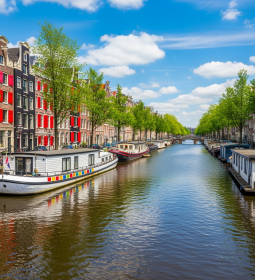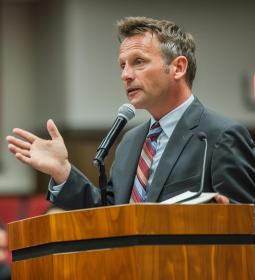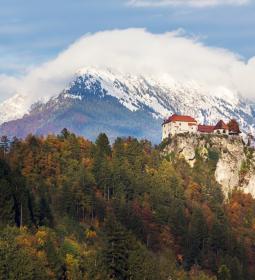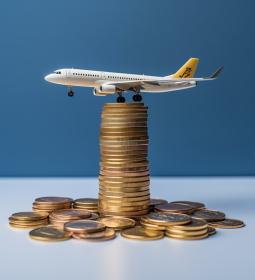Students from all over the world come to study in Germany. This is not surprising at all, because it has a high quality of education, you can easily get a job in the world's best companies and many other advantages that we will talk about.

Emphasis on practice
There are many different educational programs in German universities, most of which are aimed at obtaining practical knowledge. Universities are equipped with laboratories where students can conduct research and later patent their discoveries, universities cooperate with large companies that hire graduates.
Student Support Programs
State universities offer state-funded places to international students. Another advantage is that with a student visa, you can now work up to 40 hours a week, however, only during the holidays. This is a very good opportunity to gain experience and get a full-time job with the company after graduation.

There is also a program for the integration of international students, where there are two directions:
- FIT is designed for talented applicants who want to find a job in the country in the future. International students will be able to receive support at the university and attend integration events.
- Profi plus is for those who already have a foreign university certificate and work experience. With the help of the program, you will be able to improve your professional German, you will be introduced to the intricacies of the German labor code, you will be able to get a qualification to get a job. Later, students can do an internship at 25 universities in the country.
Can travel easily
Germany is located in the heart of Europe, so you can take the train to Paris, Prague or Poland. If you study at a language school, you may be offered day trips to neighboring countries.
But traveling around Germany itself is also interesting, because it is beautiful and colorful! For example, you can go to Baden-Baden to relax in the thermal baths, and next weekend you can go to Frankfurt and walk through its many museums.
Many festivals and concerts
Almost every major city in Germany hosts major festivals, concerts, fairs and other events. For example, on August 16, the city festival of Dresden takes place, where famous music bands perform, visitors dance and watch performances based on ancient legends, and in Düsseldorf on July 14, Bastille Day is celebrated, and in the evening residents of the city enjoy beautiful fireworks. A special atmosphere reigns in the capital in December, when Christmas markets open, where you can drink mulled wine, buy gifts and eat traditional German food: sausages, stollen and bagels.









